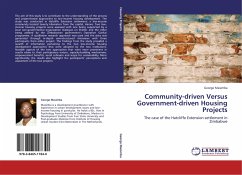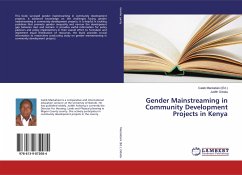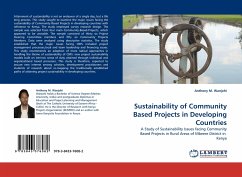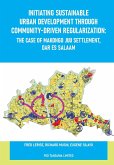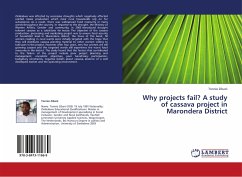The aim of this study is to contribute to the understanding of the process and project-based approaches to low-income housing development. The study was conducted in Hatcliffe Extension settlement; a low-income community located twenty kilometers from the capital, Harare. Two low-income housing projects were assessed with one being supported by a local non-governmental organization Dialogue on Shelter and the other being assisted by the Zimbabwean government s Operation Garikai programme. A qualitative research approach was used and the data was generated through in-depth semi-structured interviews with three participants from either project. The findings from the study provided a wealth of information pertaining to the two low-income housing development approaches that were adopted by the two institutions. Notable aspects of the two approaches that were more prominent in results relate to their participatory nature, capacity-building mechanisms, empowerment benefits, social cohesion and scope for sustainability. More significantly, the results also highlight the participants perceptions and assessment of the two projects.
Bitte wählen Sie Ihr Anliegen aus.
Rechnungen
Retourenschein anfordern
Bestellstatus
Storno

